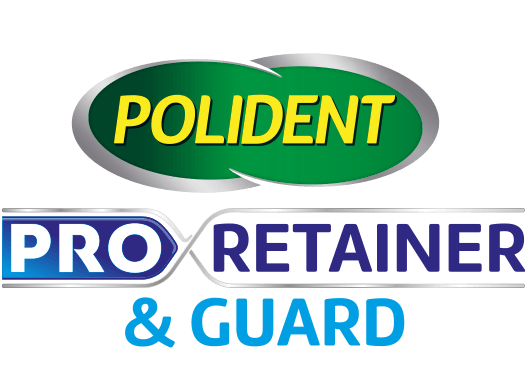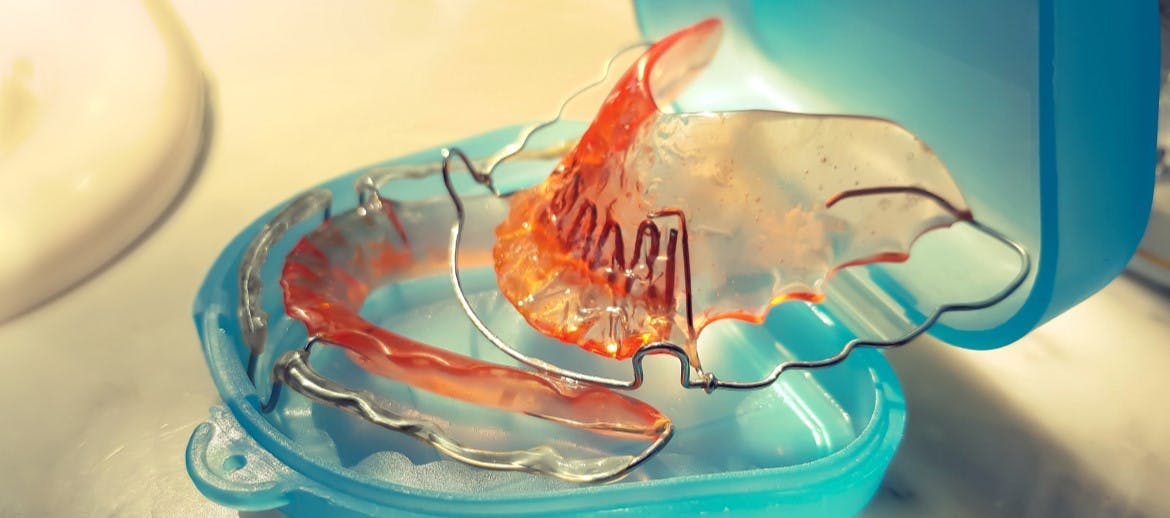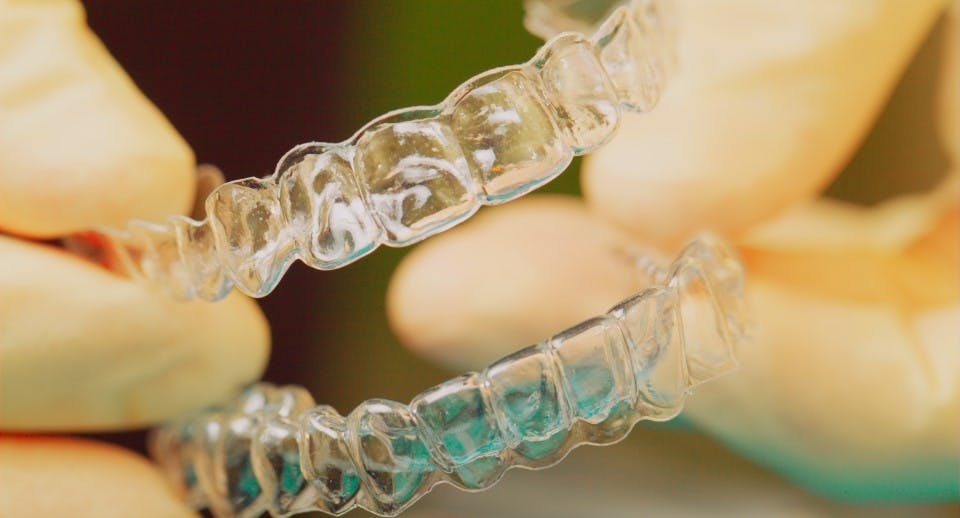TYPES OF REMOVABLE RETAINERS - which is right for me
If you have had orthodontic treatment to realign or straighten your teeth, retainers are the important next step to protect your investment in your smile.
Your dentist will advise you on which one is right for you but it helps to have an idea of the different types of retainers to inform your discussion.
Why do I need a retainer?
While there are different types of retainers, they all fulfil a very specific need – to protect your smile.
After orthodontic treatment your teeth, if left alone, may move. Wearing your retainer for the duration advised by your dentist helps to keep them where they are while giving your gums and supporting bone time to adjust.
Different types of retainers
As you and your retainer will be spending a lot of time together, it’s important to discuss with your dentist the type of retainers that will suit your individual case. If you’ve got any concerns, things you may want to ask your dentist about could be the way they look and feel, the materials used, comfort, hygiene, and whether you’ll have the flexibility to remove the retainer when you want to eat, clean it or kiss.
Read on to discover some of the pros and cons for the different types of removeable retainers. It’s not a one size fit all approach.
Acrylic removable retainers
Made from a combination of metal and plastic, the removable traditional retainer can be both durable and practical when looked after. The metal clasps can allow for adjustment after the initial fitting, and these retainers may also be removed for eating. It’s also important to regularly clean the retainer as per your dentist's advice to avoid the build up of bacteria that can cause bad breath and staining.
Clear retainer
A clear retainer, as the name suggests, are almost ‘invisible’ and won’t take the attention away from your smile.
Molded from thin plastic or polyurethane, these removeable, clear retainers are custom-fitted to your mouth.
Your dentist will provide detailed advice and guidance, however, clear retainers need replacing frequently and, like all retainers, they require regular cleaning to prevent the build up of bacteria that can cause bad breath and discoloration.
Your dentist will advise whichever retainer type is right for you and your teeth.








